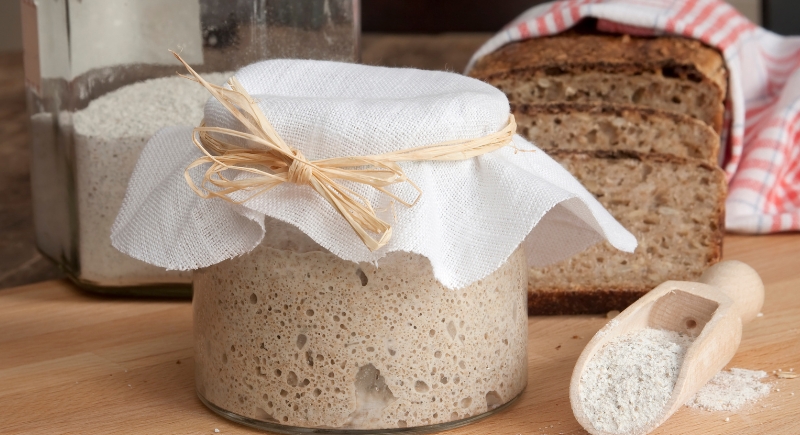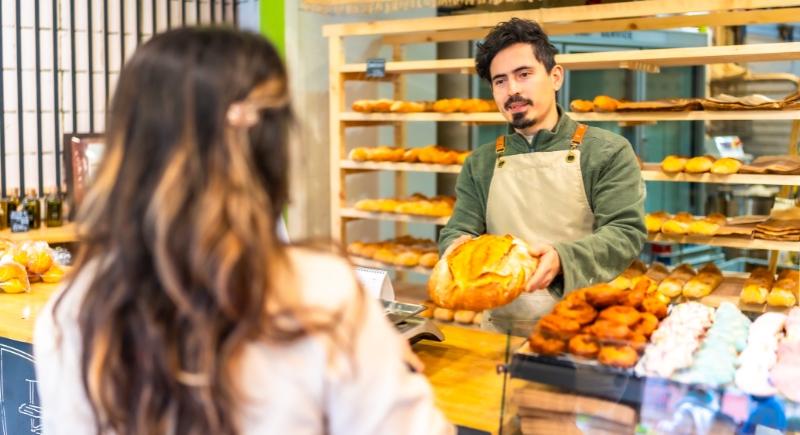Why Is Everyone Suddenly Obsessed With Sourdough All Over Again?
Sourdough, the beloved bread known for its chewy texture and tangy flavor, is experiencing a significant resurgence. The craze first exploded in the early days of the COVID-19 pandemic when people suddenly found themselves stuck at home with more time on their hands than they knew what to do with.
A survey from the NPD Group found that nearly 30% of U.S. consumers baked more than they had before the pandemic, and sourdough was one of the most popular choices. People sought comfort, creativity, and a sense of control, and sourdough provided all that. However, as the pandemic waned and daily routines slowly resumed, the bread-making trend seemed to fade into the background.
Now, sourdough has once again found its place at the forefront of social media, with influencers and home bakers alike flooding TikTok and Instagram with their loaves. It’s a nostalgic return, but also a representation of changing priorities.
The Allure of Time and Personal Investment

Image via Getty Images/Karma Pema
Unlike quick and easy bread recipes that promise instant gratification, sourdough requires patience. Depending on fermentation methods, the process can take anywhere from 12 to 48 hours. Bakers must mix, wait, fold, and wait again. For some, the process can be completed in less than 24 hours using faster fermentation or higher starter ratios.
Thus, baking sourdough is all about engaging in a long, slow process that demands your time and attention. The starter itself is often treated with reverence, with bakers naming their jars of bubbling flour and water, nurturing them daily, and proudly documenting their progress on social media. It has become a badge of honor that shows off one’s ability to invest time into something meaningful. People love to post their results, both beautiful and imperfect, and share their stories of trial and error.
Social Media Evolution and Meditative Benefits
There are two camps of sourdough bakers: the perfectionists who measure every ingredient with a digital scale and the laid-back bakers who embrace the beauty of imperfection. Interestingly, both groups end up with bread; some just end up with more Instagram-worthy results.
There’s another psychological benefit to sourdough that may be contributing to its resurgence: it offers a chance to disconnect and step away from technology. The repetitive process of kneading, shaping, and feeding the starter is calming and meditative. It’s a way to “unplug” and engage with a tactile, hands-on activity.
Sourdough’s Status in the Future

Image via Imágenes de unaihuizi/Unai Huizi
According to food industry research, the U.S. market for artisanal bread, which includes sourdough, is expected to grow at an annual rate of 5% from 2023 to 2028. This shift is indicative of a broader cultural change in how people perceive time and craftsmanship in a fast-paced world.